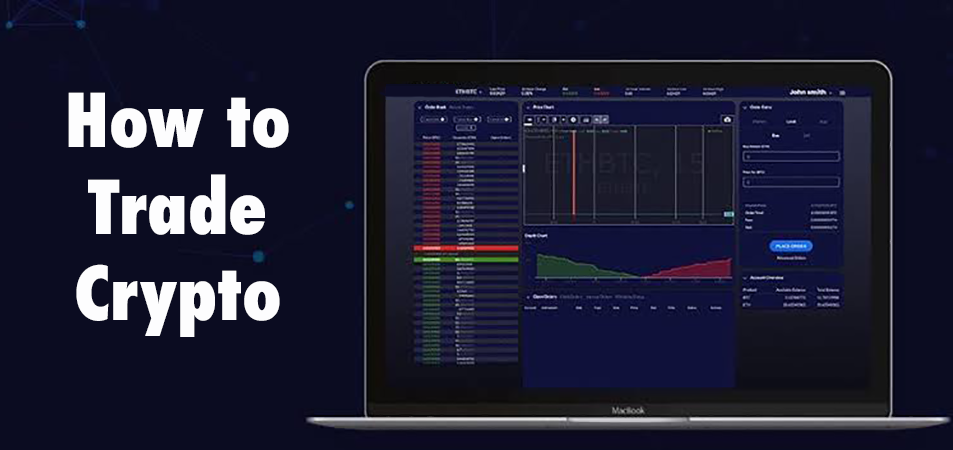Cryptocurrency trading is the act of speculating on cryptocurrency cost motions via a CFD trading account, or buying and offering the underlying coins by means of an exchange. CFDs trading are derivatives, which allow you to hypothesize on cryptocurrency price motions without taking ownership of the underlying coins. You can go long (' purchase') if you think a cryptocurrency will increase in worth, or short (' sell') if you think it will fall.
Your revenue or loss are still calculated according to the full size of your position, so leverage will magnify both profits and losses. When you purchase cryptocurrencies by means of an exchange, you buy the coins themselves. You'll need to create an exchange account, installed the amount of the property to open a position, and store the cryptocurrency tokens in your own wallet until you're prepared to offer.
Lots of exchanges also have limitations on just how much you can transfer, while accounts can be very expensive to preserve. Cryptocurrency markets are decentralised, which means they are not provided or backed by a main authority such as a federal government. Rather, they stumble upon a network of computer systems. Nevertheless, cryptocurrencies can be bought and offered through exchanges and kept in 'wallets'.
 To Trade Cryptocurrency ...blockgeeks.com
To Trade Cryptocurrency ...blockgeeks.com
When a user wants to send cryptocurrency units to another user, they send it to that user's digital wallet. The deal isn't thought about last till it has actually been confirmed and included to the blockchain through a procedure called mining. This is also how brand-new cryptocurrency tokens are usually produced. A blockchain is a shared digital register of tape-recorded information.
To select the very best exchange for your requirements, it is crucial to totally comprehend the kinds of exchanges. The very first and most common type of exchange is the central exchange. Popular exchanges that fall into this category are Coinbase, Binance, Kraken, and Gemini. These exchanges are personal business that use platforms to trade cryptocurrency.
The exchanges listed above all have active trading, high volumes, and liquidity. That said, centralized exchanges are not in line with the approach of Bitcoin. They work on their own personal servers which creates a vector of attack. If the servers of the business were to be compromised, the entire system might be closed down for some time.
The larger, more popular central exchanges are by far the easiest on-ramp for brand-new users and they even provide some level of insurance ought to their systems stop working. While this holds true, when cryptocurrency is purchased on these exchanges it is stored within their custodial wallets and not in your own wallet that you own the secrets to.
Should your computer system and your Coinbase account, for example, end up being jeopardized, your funds would be lost and you would not likely have the capability to claim insurance. This is why it is crucial to withdraw any large amounts and practice safe storage. Decentralized exchanges operate in the same way that Bitcoin does.
Rather, think about it as a server, except that each computer within the server is spread out throughout the world and each computer that makes up one part of that server is managed by a person. If among these computer systems turns off, it has no result on the network as an entire since there are a lot of other computers that will continue running the network.